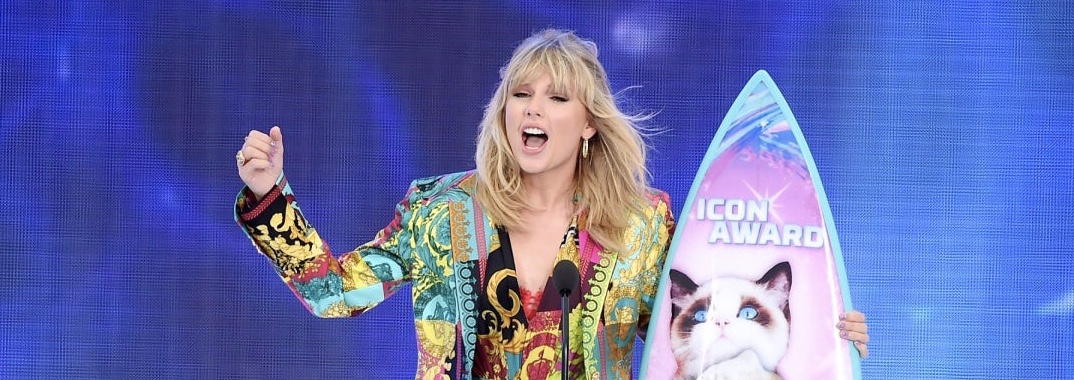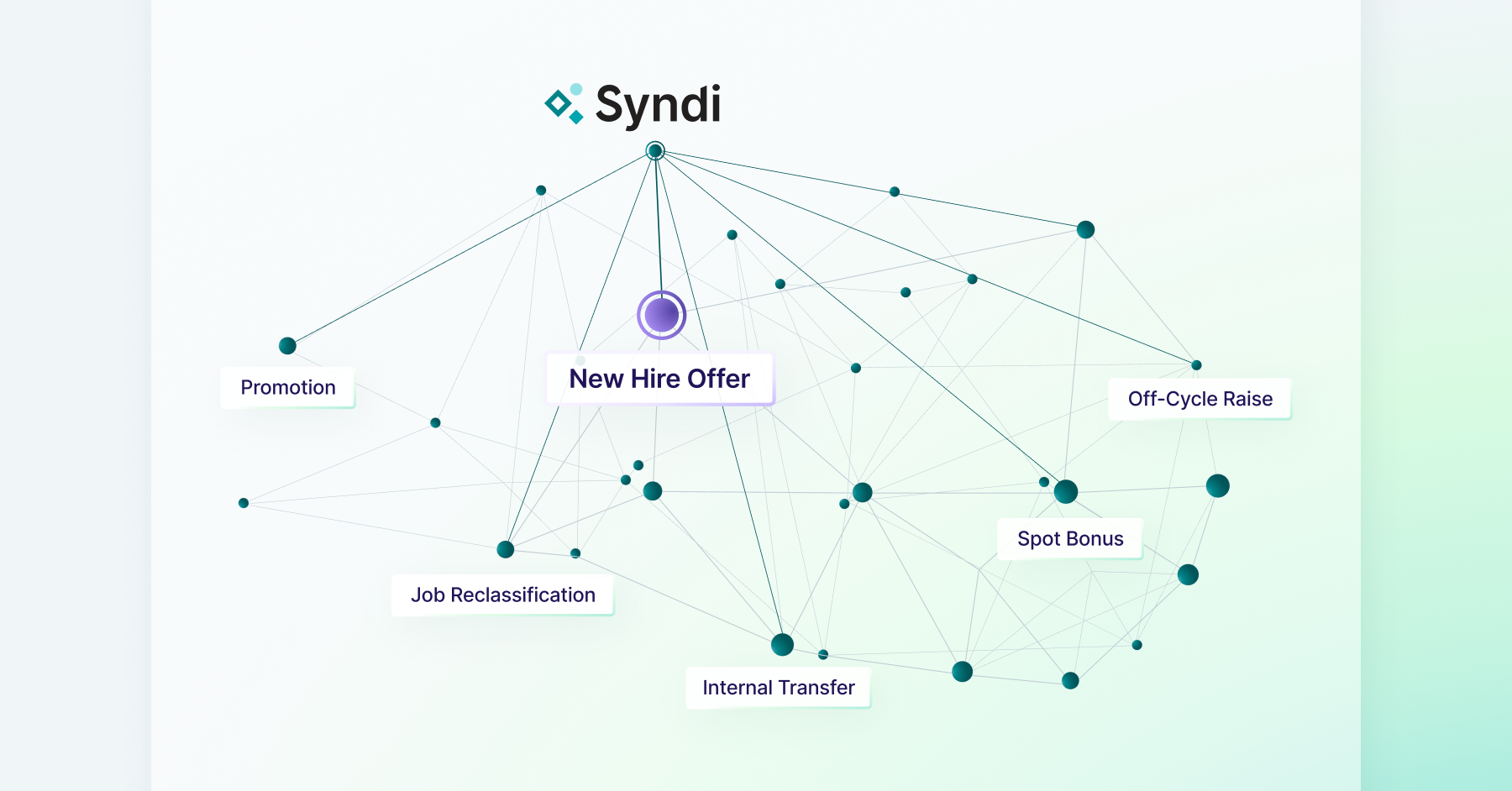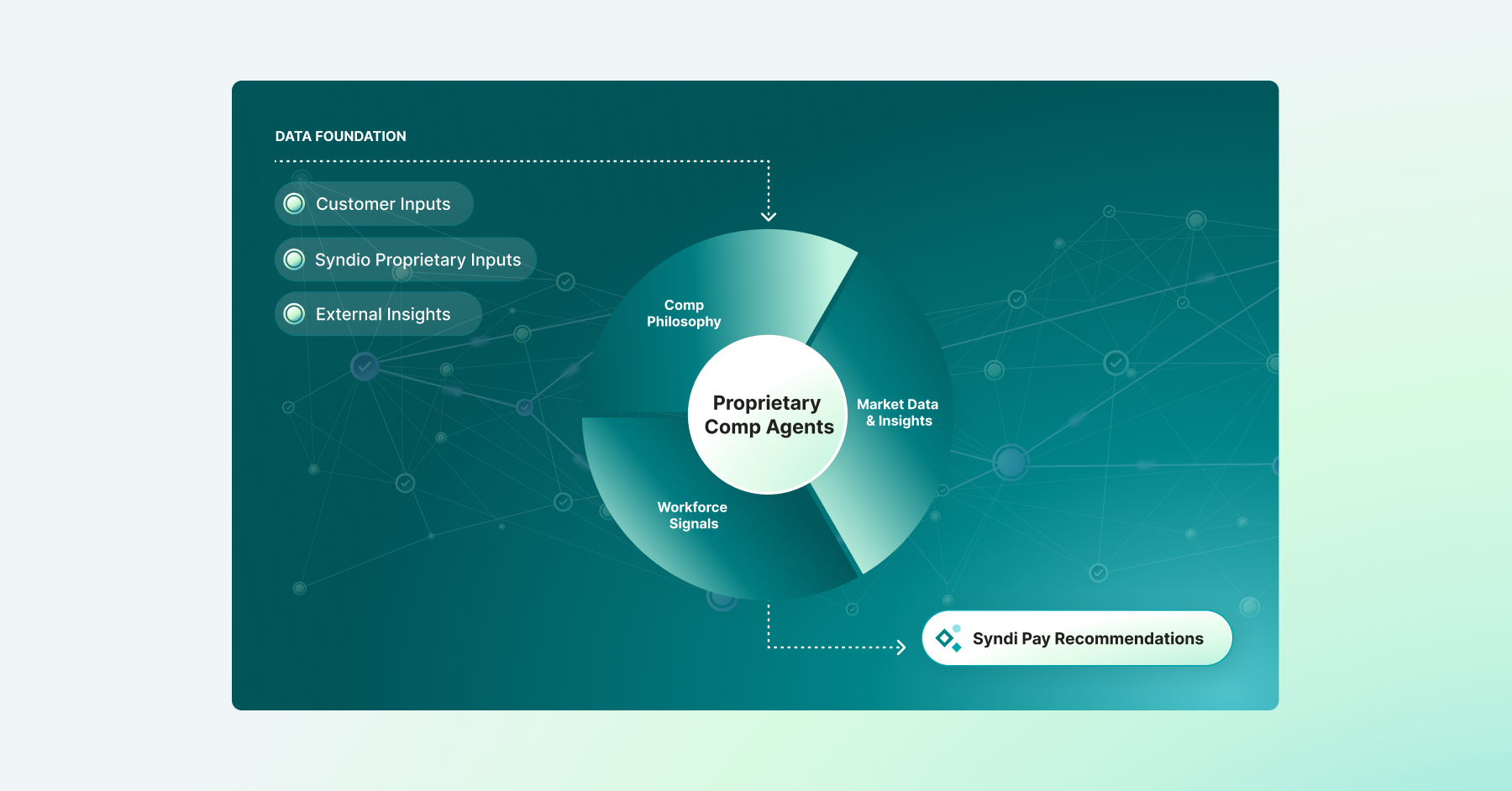As the CEO of a pay equity software company, it’s not often that I get to write about Taylor Swift, especially in conjunction with women’s inequality around the world. I have four daughters (aged one through 12), and our relationship with TSwift runs deep.
While her latest album, titled Lover, is strikingly different from her previous ones, it’s her latest single, “The Man,” that caught my attention. In it, she addresses sexism, gender disparity, and discrimination against women. She reflects on stereotypical behavior in the entertainment industry and what her actions would look like if she were The Man:
“What’s it like to brag about drinking and dollars
And getting bitches and models?
And it’s all good if you’re bad
And it’s okay if you’re mad
If I was out flashing my dollars, I’d be a bitch, not a baller
They’d paint me out to be bad
So it’s okay that I’m mad.”
I think many female executives could pen a similar story — gender inequality is a disappointingly common occurrence and I’ve oftentimes found myself as the only woman in a boardroom. There are many behaviors in business situations that downplay women’s contributions, with “mansplaining” as one of the most ongoing common complaints. Even the tone of our voice is up for debate (careful, ladies, don’t sound too shrill, because you’ll sound like a nag!).
Don’t forget about the effects of intersectionality on women’s inequality
The one irony is that Swift released this song on Black Women’s Equal Pay Day: August 22, 2019. As a white woman, my obstacles with gender in the workplace are still just a small percentage of what Black and Latina women face daily. I earn more compared to men than they do, and my behavior is scrutinized far less than theirs, with the double whammy of race and gender. It’s important to remember that women around the world often face far greater inequalities and challenges than those encountered by white women in the U.S.
Keep asking about women’s inequality at work and around the world
Swift poses a great reminder, regardless. How can we, as women, be certain our employers are committed to addressing issues of race and gender equality around pay? Here are a few questions I recommend asking:
- What are we doing on pay equity?
- What were our pay equity findings?
- What actions are we taking as a result of the analysis?
And here are some of the unacceptable answers we hear all the time:
- “We don’t know.”
- “We’re not doing that.”
- “We’re doing something, but the lawyers won’t let us talk about it.”
- “Pay equity is important to us, but a pay equity analysis is not in our budget.”
I think Swift would agree, especially considering her recent acceptance speech at the Teen Choice Awards where she urged her fans to “get online and talk about it”. It’s time to ask about pay equality. And keep asking.
Photo Source: Elle.com


